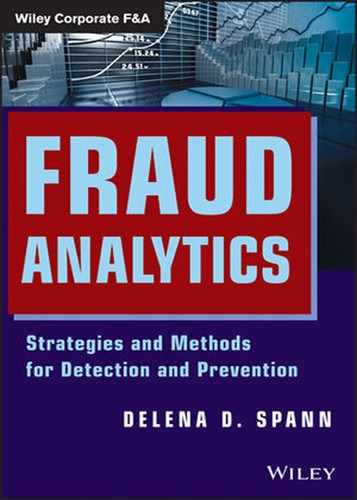MY FIRST job as a newly minted accounting graduate was—no surprise here—as an auditor. I worked for a top accounting firm that was one of the “Big Eight” at the time. This was the 1970s, when accountants kept a set of books on manual ledgers using pencil and paper. I found my job as an auditor to be excruciatingly repetitive. Most of the work, I wryly observed, could be done by a trained monkey: adding columns of figures, reconciling bank statements and observing inventory counts. Back then, auditors spent their time looking for careless errors made by bookkeepers rather than conducting any sort of sophisticated analysis. The term “data analytics” wasn't even in the vernacular at that time.
Fortunately, long gone are the days of most manual accounting records. In modern electronic ledger systems, ending balances are automatically rolled forward to start the next year; accruals are programmed to occur monthly; and error messages alert you if a journal entry fails to balance. Columns can be totaled instantly and accurately with the click of a button. Auditors' and investigators' time is now spent doing work that actually involves critical thinking.
The digitization of data has made business systems more complex, robust and dynamic. Companies are no longer limited in the amount of numbers they can generate or store. In addition to accounting transactions, information technology systems house research and development, marketing, communication and human resources files. All of this composes what is referred to as “big data,” which represents the continuous expansion of data sets—the size, variety and speed of generation of which makes it difficult to manage and analyze.
With its ever-increasing size, data analytics have never been more important or useful to a fraud examiner. There are more places for fraud to hide and more opportunities for fraudsters to conceal it. Due to its size and complexity, big data requires the use of creative and well-planned analytics. One of the main advantages of big data environments is that they allow a fraud examiner to analyze an entire population of information rather than having to choose a sample and risk drawing incorrect conclusions in the event of sampling error. Finding fraud in a list of a million transactions is no longer impossible.
To conduct an effective financial analysis, a fraud examiner must take a comprehensive approach. Any direction can (and should) be taken when applying analytical tests. Big data affords fraudsters more opportunities to commit increasingly clever and surreptitious crimes. The more creative fraudsters get in hiding their misdeeds, the more creative the fraud examiner must become in analyzing data to detect these schemes.
Performing fraud analysis techniques, including the necessary data extraction and cleansing, requires a combination of fraud examination methodology and technological savvy. If you are looking to develop these skills, a good start is Delena Spann's Fraud Analytics. Using statistics from the Association of Certified Fraud Examiners'2012 Report to the Nations on Occupational Fraud and Abuse, Ms. Spann illuminates the devastating impact of fraud on organizations, emphasizing the importance of using the most advanced detection techniques available. Ms. Spann explains why it is imperative that fraud investigators employ data analytics in their efforts to prevent and detect fraud. She then guides the reader through the fundamental data analysis process, from data identification and collection to analysis and insight. Finally, she introduces several popular software programs useful to fraud examiners without endorsing any particular product.
Ms. Spann, using the knowledge she has gained in her experience in the Electronic and Financial Crimes Task Force of the United States Secret Service, provides guidance to fraud examiners looking to incorporate data analysis into their practices. By providing illustrative examples of how to use different software (without commercial endorsement) in real-life fraud case studies, Ms. Spann elucidates the practice of fraud analytics, making it approachable to her readers. Fraud Analytics doesn't purport to have all of the answers, but it is a good start to any anti-fraud professional's library.
Dr. Joseph T. Wells, CFE, CPA
Founder and Chairman, Association of Certified
Fraud Examiners
Austin, Texas
October 2013
